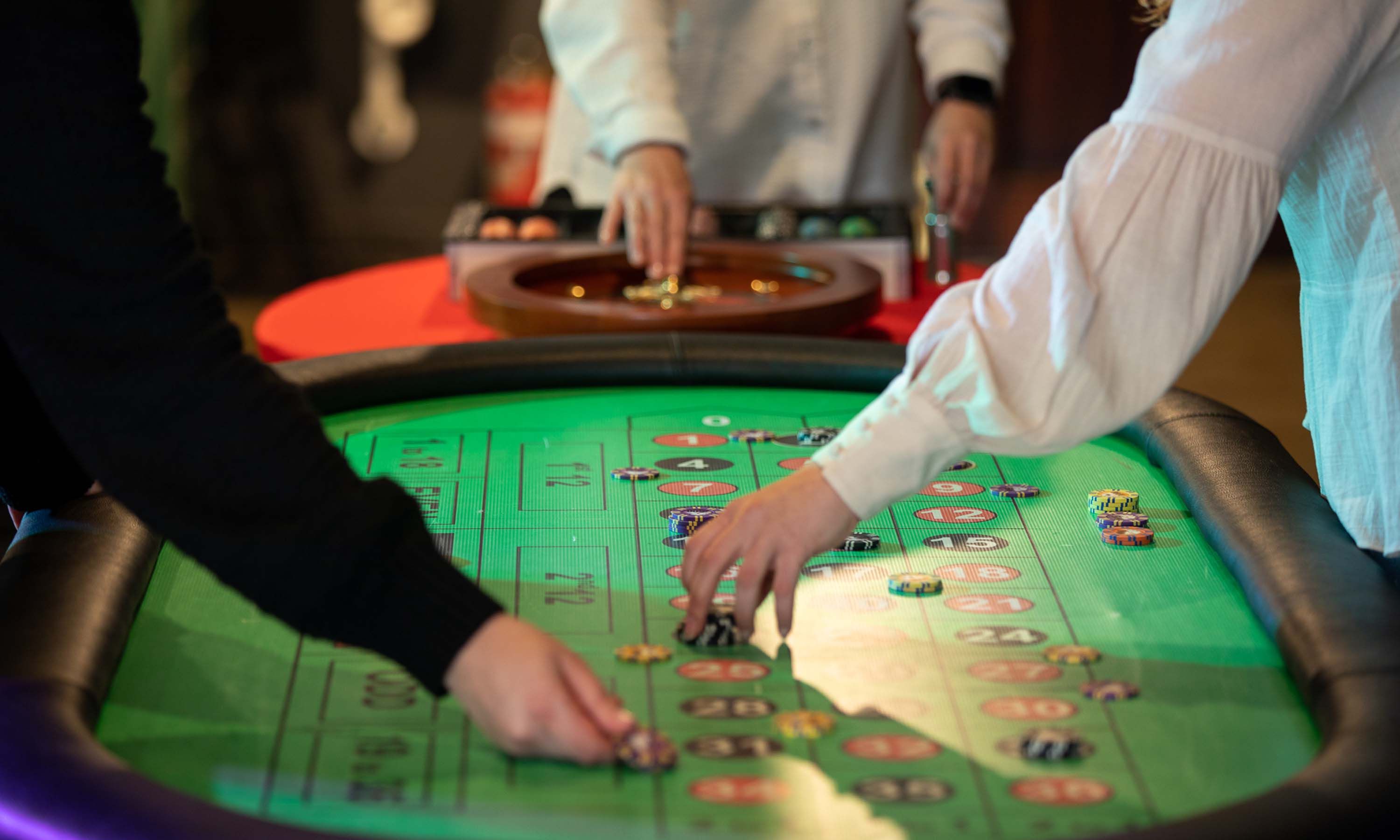
In the world of casinos, where fate hangs in the balance, the concept of the "house edge" is central. Casinos are not just a haven of luck and chance; they are carefully designed establishments that use various strategies to ensure their profitability. In this article, we will reveal the tactics that casinos use to reduce the chances of a player leaving the casino with a significant win by exploring calculated methods that tip the scales in the casino's favor.
House advantage: the basis of casino advantage
The cornerstone of casino strategy is the concept of house edge. Defined as the mathematical advantage a casino has over players in any given game, house edge ensures stable profits for the casino in the long run. Understanding and manipulating this fundamental principle is the first step in creating strategies that favor the house edge.
Game selection: On the road to profitability
From a strategic point of view, casinos offer a diverse range of games, each of which has its own advantages for the establishment. Games such as slot machines and keno, which often have higher house edge, take center stage, attracting players with the lure of big wins. At the same time, lower house edge games such as blackjack and baccarat are strategically placed to create the illusion of player-friendly options.
Compulsive design: Creating an immersive environment
Casino design is a carefully calculated aspect aimed at keeping players engaged and spending money. Labyrinthine layouts, the absence of clocks or windows, and the lack of easily accessible exits contribute to an immersive atmosphere that encourages prolonged play. The longer players stay, the more opportunities the house has to take advantage of its inherent advantage.
Promotions and bonuses: Attractive but calculated offers
Casinos lure players with a variety of promotions and bonuses, presenting them as opportunities to increase winnings. However, these offers are carefully structured to benefit the casino in the long run. Wagering requirements, game limits, and bonus expiry dates result in players being forced to engage in prolonged play, increasing the likelihood that the house's advantage will come into play.
Strict probability math: Calculating odds
Casinos use sophisticated mathematical models to calculate probabilities and odds, ensuring that every game is stacked in favor of the house. From determining the location of slot machine reels to setting the rules of card games, these mathematical algorithms are strategically designed to maintain the casino's advantage over time.
House rules and their variations: Setting up the playing field
Every casino game comes with a set of rules and variations that further tilt the odds in the house's favor. From the number of decks used in card games to specific rules in roulette or craps, these variations are carefully chosen to enhance the casino's advantage by creating the illusion of a variety of gaming options.
Supervision and security measures: Protecting profits
Casinos invest heavily in surveillance and security measures to detect and prevent fraud or gaming with an advantage by sophisticated players. Advanced technologies, such as facial recognition and behavioral analysis, help to maintain the integrity of the gambling establishment and protect the profitability of the casino.
Player psychology: Utilizing cognitive biases
Understanding player psychology is a key element of casino strategy. Casinos use cognitive biases and behavioral patterns to retain players and encourage them to engage in risky behavior. From the use of colorful lighting and sound effects to the placement of high-payout slot machines, these psychological tactics contribute to prolonged play and increased profits for the casino. In contrast, we suggest that you learn some of the strategies to maximize your casino winnings: https://www.travelbeginsat40.com/2023/08/10-hottest-strategies-online-gambling-industry-players-are-applying-today/
Thus, the strategies used by casinos to reduce the player's chances of winning are multifaceted and deeply rooted in the very fabric of the gaming environment. From the fundamental concept of the "house edge" to the intricacies of game selection, design, and player psychology, each element plays a crucial role in tilting the odds in the house's favor. As players navigate the casino landscape, an understanding of these strategies enables them to be more aware of the calculated measures that contribute to sustainable casino profitability.

